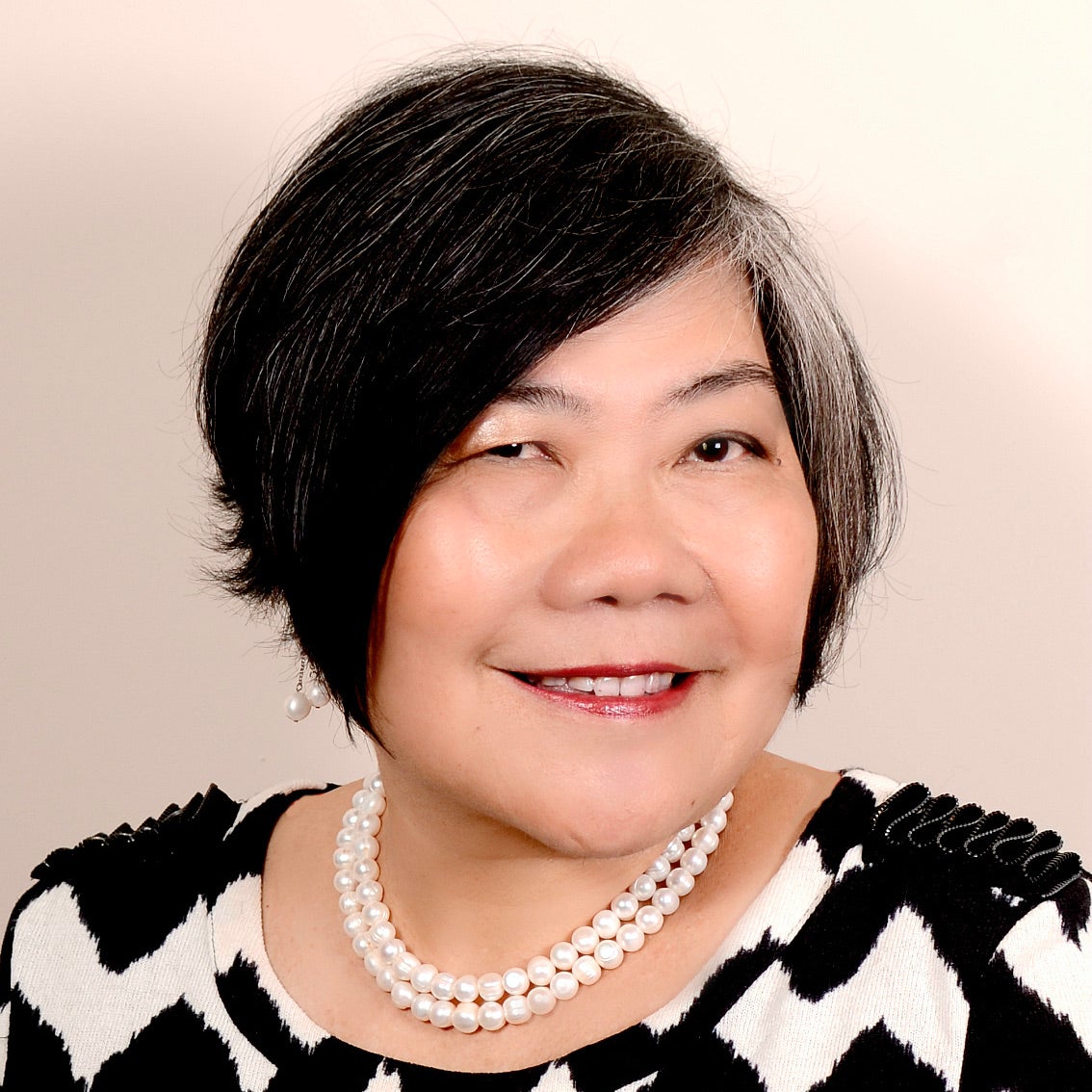BIO
Kim Szeto was born in Guangdong Province, China, in 1950, but was raised in Hong Kong after her family fled China in fear of persecution. There, she had a pleasant yet sheltered childhood before immigrating to the US when she was 16 and a half. After her family settled down in Massachusetts, Szeto initially worked at a garment factory with her mother until her father allowed her to attend Jamaica Plain High School. Because she did not speak fluent English, Szeto underwent a difficult transition, but she is grateful that her teachers were helpful and understanding. While attending college at UMass Boston, Szeto studied sociology and began to get involved in community organization and advocacy, as well as nonprofit work.
Her first job was at the Chinatown Planning Council in New York, where she advocated for better housing conditions. She then transitioned into the healthcare field, working for the Chinatown Health Clinic to raise awareness for medical services that the Chinese community could access. There, she also learned about federal funding and grant writing, which proved to be invaluable skills throughout her career. After moving to Van Nuys, California, and working with kids and families tied to gangs, Szeto became passionate about mental health. Her former husband was teaching, so their family moved often. In Houston, Szeto became Director for the Institute of Chinese Culture, which offered Chinese language schooling to children and helped them acculturate. Szeto also taught ESL and citizenship to Chinese seniors at the Institute, via the Chinese Seniors Association. Around the same time, she co-founded the Asian Pacific American Heritage Association (APAHA) which was the first organization geared towards sharing Asian cultures that included all the Asian communities, rather than only a select few.
Wanting to provide social and mental health services to the Asian American community, Szeto founded Asian American Family Services (AAFS) in 1994. There, Szeto and her team recruited healthcare professionals who could speak a multitude of different Asian languages. Mental health is a large taboo, especially in many traditional Asian communities, so Szeto recounts difficulties in encouraging people to seek help when they needed it, including people struggling with domestic abuse, child abuse, and sexual abuse. Unfortunately, Szeto fell ill and retired from her position as Executive Director of AAFS in 2014, and shortly after, the service was shut down due to lack of funding. Szeto sees this as one of her life’s greatest disappointments, because AAFS occupied such a crucial role in the Asian American community that has still not been filled. However, she also recognizes that it made a huge difference in many people’s lives during its 20 years in operation.
In her retirement, Szeto loves to draw, paint, do Chinese calligraphy, and travel around the world to see different cultures.

